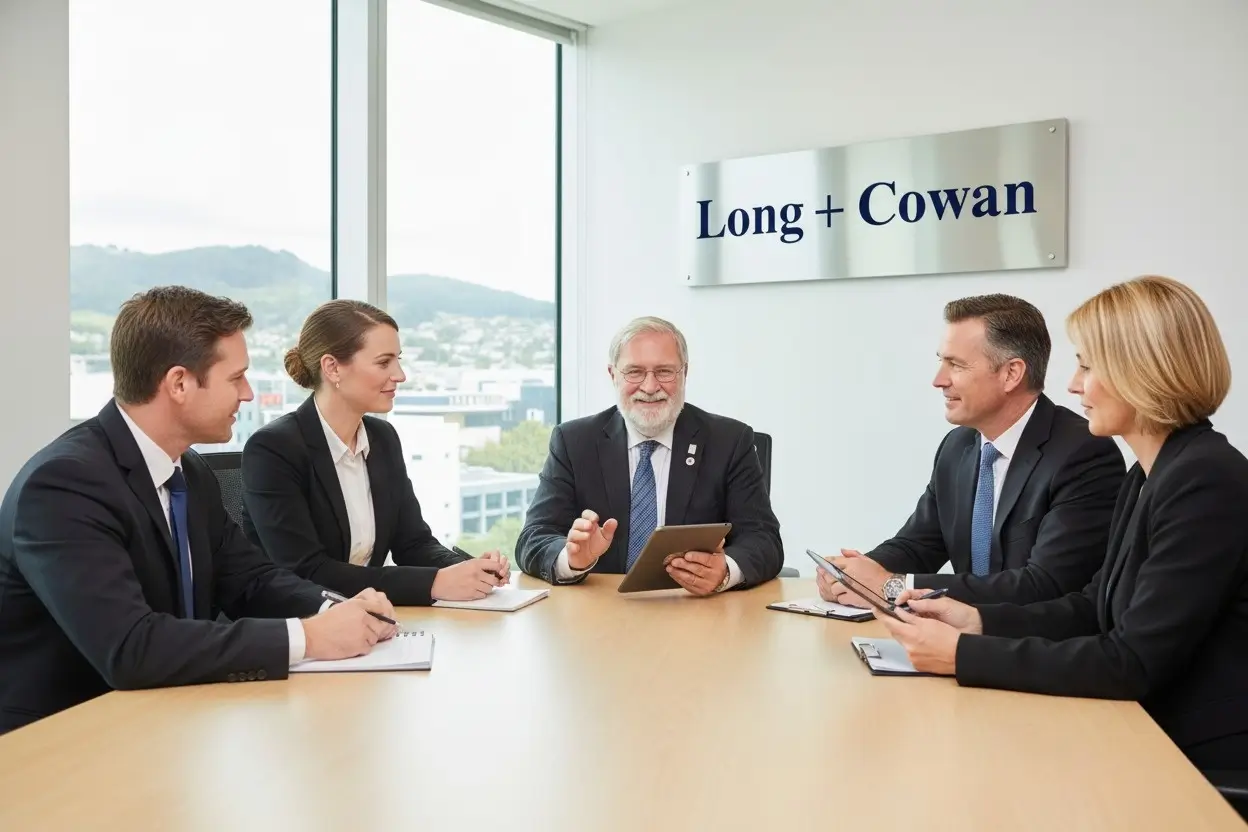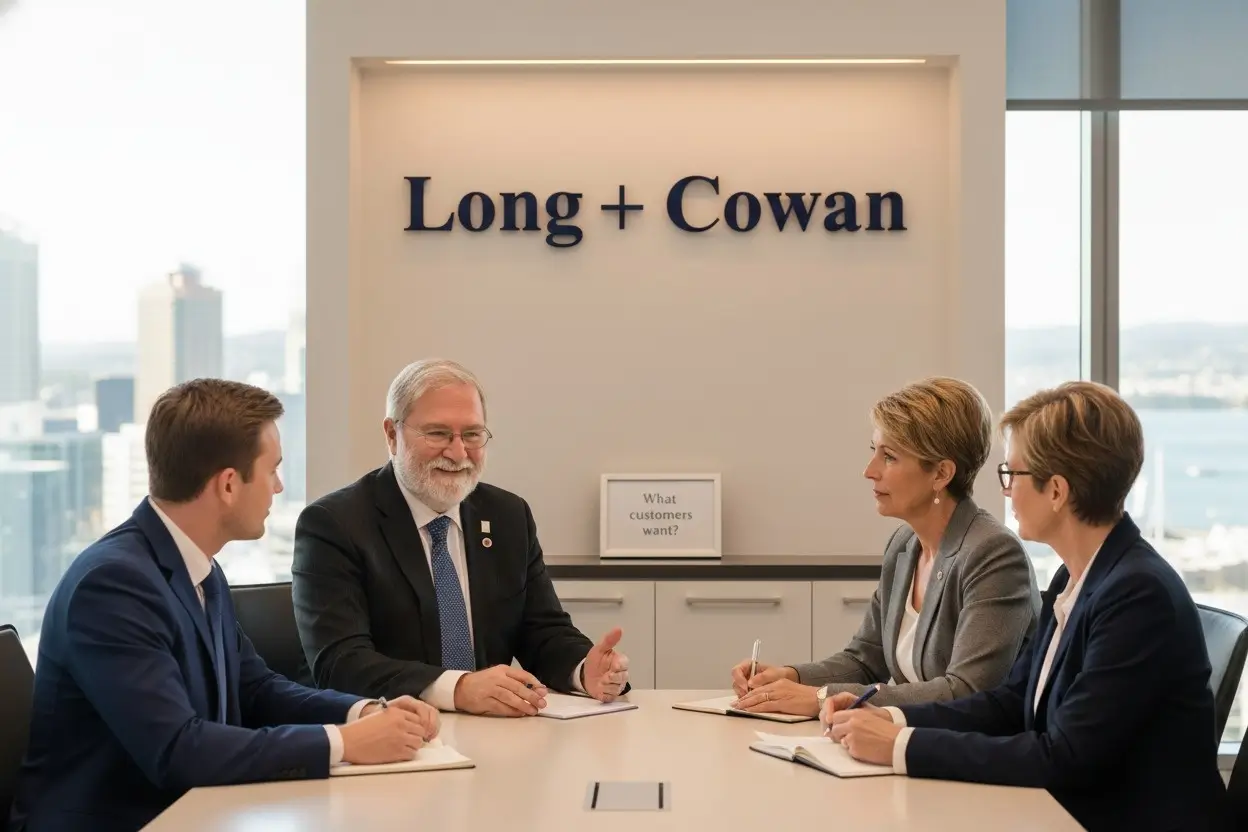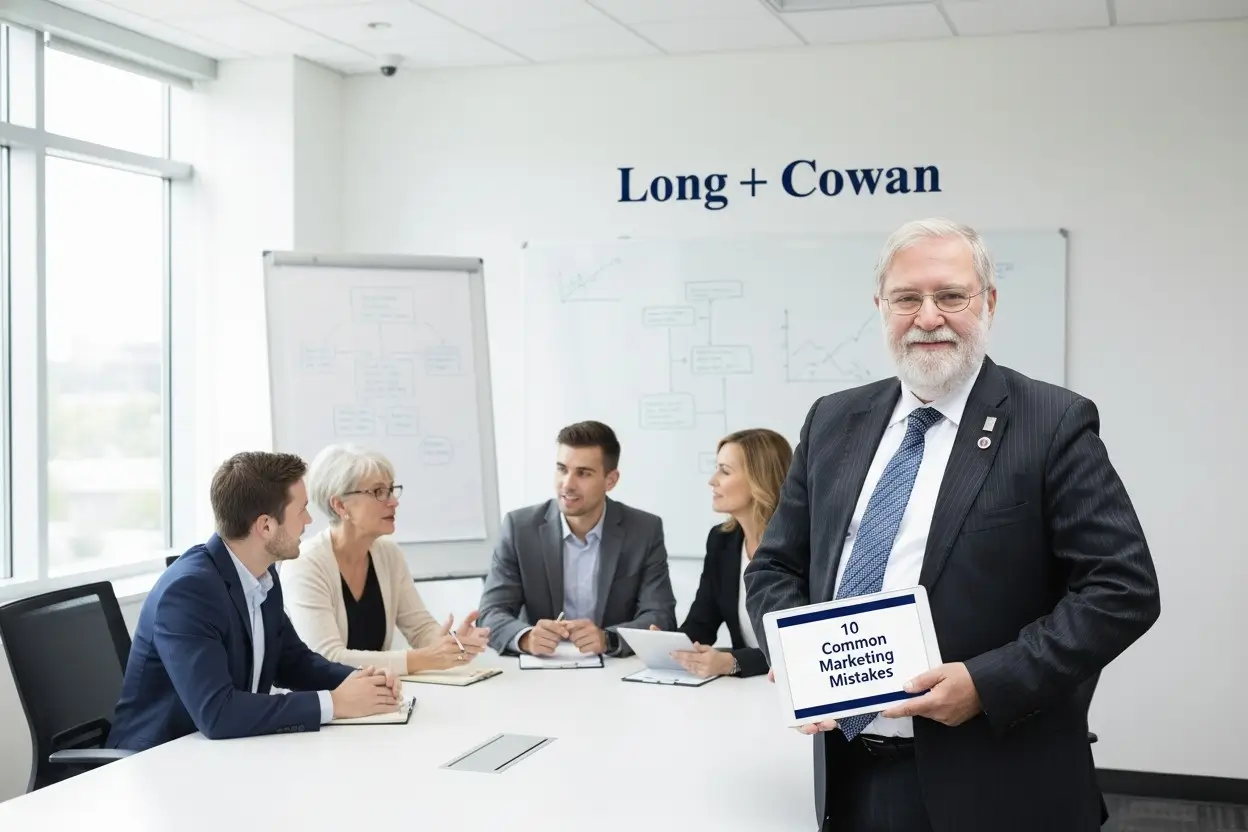Selling or winding up a business can be one of the most emotional and complex experiences for any owner. At Long + Cowan Chartered Accountants Wellington, we understand that small business owners invest years of hard work, dedication and long hours into building their companies. When the time comes to move on, whether by choice or necessity, the process can be overwhelming.
Both selling and winding up require careful planning, accurate compliance, and strict attention to financial and legal details. Leaving these steps to the last minute often results in missed opportunities, unnecessary costs, and added stress. Our goal is to help business owners navigate the process confidently and strategically, ensuring every decision supports the best financial outcome.
Destressing the Process – Where to Begin
A well-structured exit plan takes time to create but is key to maximising business value. Ideally, you would plan your exit years in advance, but most business owners start the process much later. Even so, it is never too late to start planning strategically.
Here are a few tips to simplify the process and make it more manageable:
- Plan early: Begin preparing for sale or closure at least one to two years ahead.
- Understand your motivations: Your reason for exiting will influence your financial and emotional approach.
- Stay organised: Keep your records, contracts and compliance documents in order.
- Seek professional advice: Work with experienced accountants who can identify potential risks and savings.
Once you have decided to sell or wind up, your main goals should be to maximise your return and minimise unnecessary costs.
Key Tax Considerations When Winding Up a Business
Tax planning is one of the most critical aspects of closing or selling a business. Many business owners overlook the tax implications of capital gains and distributions, which can lead to unexpected liabilities.
Here are important points to keep in mind:
- If you operate through a company structure, be cautious about withdrawing funds from the business before it is officially wound up. Premature withdrawals could attract additional tax.
- Capital profits can usually only be distributed to shareholders during the formal liquidation process. Taking out these profits beforehand may trigger an avoidable tax bill.
- If funds are withdrawn without proper documentation, they could be viewed as a loan from the company to shareholders. This may result in Fringe Benefit Tax or interest obligations, neither of which are deductible.
To avoid unnecessary costs, wind up the company promptly and ensure all transactions are compliant. Our team at Long + Cowan can help you complete this process properly and identify any tax pitfalls before they become costly.
If you would like professional guidance on winding up your company, contact us for more info by filling in an enquiry form or e-mailing or calling us during office hours, and we will help you get started.
Saving Money When Winding Up
There are several ways to reduce expenses and preserve more of your final return when closing a business.
Practical cost-saving tips include:
- Pay bills before deregistering: If you are on a payments basis for GST, clear as many invoices as possible before deregistration to reduce taxable income.
- Avoid post-closure expenses: After ceasing business, expenses incurred cannot usually be claimed as deductions since there will be no income.
- Manage timing: Try to complete closure around balance date to simplify accounting and minimise costs.
- Finalise accounts early: Ensure all financial statements are completed, invoiced and paid before the financial year ends.
- Review ACC and accounting fees: Adjust ACC payments if applicable and confirm accounting costs with your provider before balance date.
- Consider timing of sale: If your income this year is taxed at a high rate, but you expect lower income in future, it may be beneficial to sell or close mid-year when tax rates could apply more favourably.
Each business is different, so professional advice is essential to ensure your decisions are tax efficient and compliant.
Reducing Stress During the Process
Selling or closing a business is not just a financial event but also a personal transition. Managing stress during this period is just as important as managing the paperwork.
You can reduce stress by:
- Delegating accounting, legal and administrative tasks to professionals.
- Creating a checklist of milestones and responsibilities.
- Staying proactive with communication between all parties.
- Keeping focus on the long-term benefits of your decision.
At Long + Cowan Chartered Accountants Wellington, we specialise in business sales, acquisitions and closures. Our experience ensures that your transition is handled carefully, saving you time, money and unnecessary worry.
If you are planning to sell or wind up your business and want to ensure the best possible outcome, contact us for more info by filling in an enquiry form or e-mailing or calling us during office hours, and our team will guide you through every step.

















































